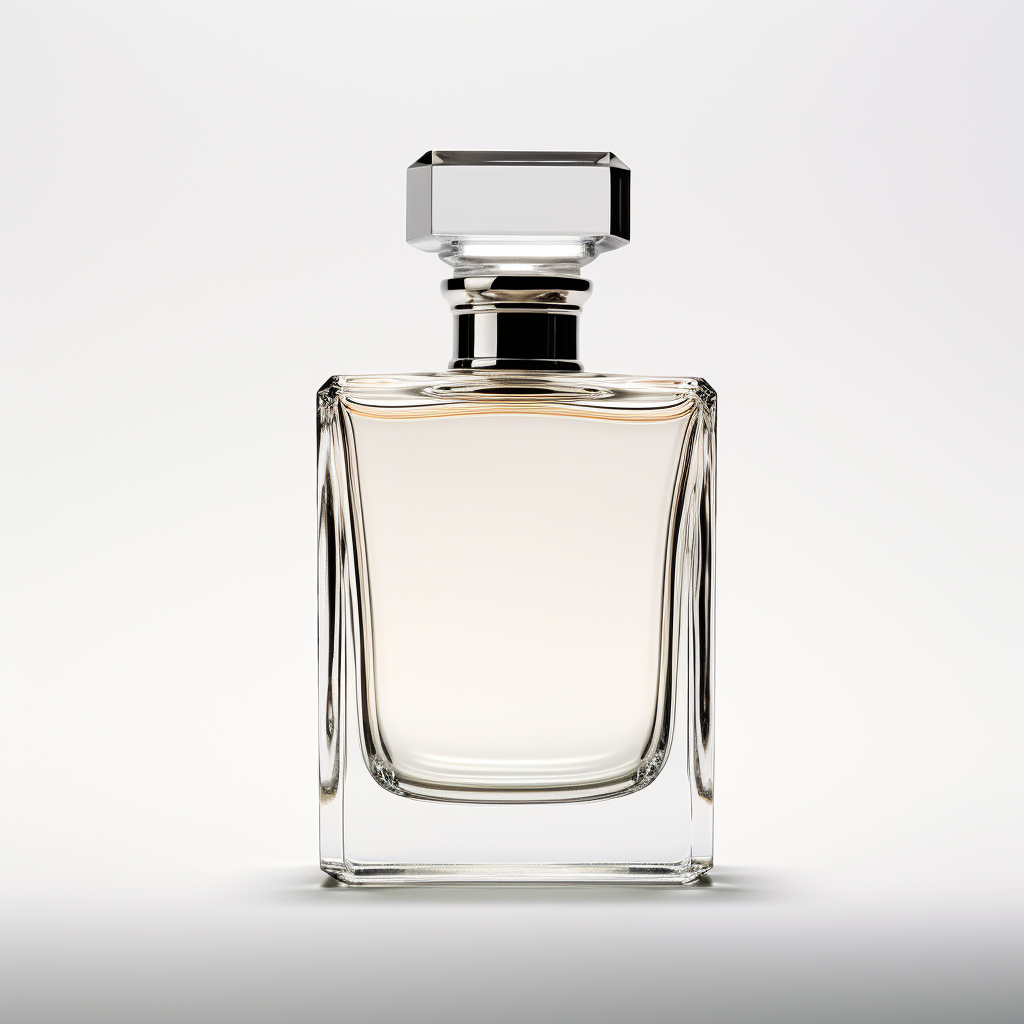Specially Denatured Alcohol vs Completely Denatured Alcohol: Are you confused about SDA and CDA? You’re on the right page.
We will help you will understand the questions:
- What is denatured alcohol used for?
- How is SDA different from CDA?
- Is there different types of denatured alcohol?
- Is all denatured alcohol the same?
The article below expounds on those products and how you can use each. Read on to learn more.
What is Specially Denatured Alcohol?
SDA, or Specially Denatured Alcohol, is a solvent made from ethyl alcohol and other specific ingredients. Manufacturers produce SDA by adding denaturants such as denatonium benzoate, isopropyl alcohol and others. And through that process, they render the liquid unsuitable for human consumption.
Why does the government allow the addition of toxic chemicals to alcohol? It’s all for a good reason. They enact those measures to reduce illicit alcohol consumption and the addiction menace in society. Additionally, the Alcohol and Tobacco Tax and Trade Bureau (TTB) states that you need a permit to procure, use, recover and deal in SDA. There is not a specific specially denatured alcohol permit. However, you must have an industrial user or dealer permit to purchase.
Unlike non denatured alcohol that is food grade and edible, specially denatured products are not for ingestion. SDS has many applications in various industries. For example, you can use the solvent in cleaning laboratories, cosmetics manufacturing, or making vinegar. You can also recycle the liquid from those processes by refurbishing it to maintain the initial effectiveness.
What are the Uses of Specially Denatured Alcohol?
People mainly use SDA as an astringent, antimicrobial agent, or solvent in the beauty industry. Specially denatured ethanol is generally safe for human skin contact.
- Astringent Manufacturing: An astringent made from denatured alcohol helps with skin toning. When the product cools your skin, you’ll get that effect, thus contracting and reforming the broken keratin barriers. Therefore, you’ll prevent skin swelling and acne if exposed to high temperatures or unstable pH.
- Sanitizers: Manufacturers make soaps and hand sanitizers using denatured alcohol. It works by cell wall protein denaturation, causing lysis of the germs. And through those products, you’ll kill the millions of bacteria and fungi on your hands and face that cause infection.
- Beauty Products: The solvent dissolves the active ingredients in cosmetic products, thus helping them adhere to your skin and work better for longer. How? By thinning out formulations through compaction and shrinkage. Moreover, you won’t get skin drying or irritation because reputable cosmetic companies use peppermint or essential oil to protect your skin.
- Cleaning: Laboratories and other high-risk facilities use Specially Denatured Alcohol as an antiseptic. And the product helps them clean glass and metal items effectively, thus maintaining exceptional health hygiene. Moreover, you can use the solvent to remove grease stains on items in the household.
The TTB offers various specially denatured alcohol formulas. Simple Solvents offers two: SDA40B and SDA3C.
What is Completely Denatured Alcohol?
What does completely denatured alcohol mean? CDA or Completely Denatured Alcohol is a solvent that manufacturers have rigorously denatured. They mix it with toxic products such as ethyl acetate, kerosene, acetaldehyde, etc.
Unlike the Specially Denatured alcohol, CDA makers ensure you can’t separate the additives from ethanol. Therefore, you don’t need a license to buy, use or sell the product because processors reduce the risk of turning CDA into an alcoholic beverage.
Simple Solvents offers the popular CDA blend formula 12A.
The product has an ethanol percentage that ranges from 70 to 99%. However, note that consuming that liquid will lead to blindness and death. Therefore, only use the solvent in paint thinning, general-purpose cleaning, or fueling your stove.
What are the Uses of Completely Denatured Alcohol?
- Cleaning: The product is an ideal cleaning agent because of its antibacterial properties. Consequently, you’ll prevent the spread of infections in a hospital, household, or laboratory setting. The solvent also doesn’t damage your items, and for that reason, you can use it for hard surfaces such as wood, glass, or plastics.
- Degreasing: Completely Denatured Alcohol helps you remove tough grease and ink stains because of its impeccable ability to dissolve those substances. You’ll get all those benefits without leaving streaks on items such as mirrors and windows. Or damaging metal surfaces because the solvent evaporates quickly.
- Shellac: You’ll get a smooth, glistening finish to wood pieces by applying shellac combined with denatured alcohol. Furthermore, you’ll protect those items from destructive UV radiation and ugly scratches. Many people make their shellac at home. That process gives them control over the material and quantity used, thus saving them money. And so can you. For example, mixing two pounds of shellac with two gallons of Completely Denatured Alcohol will give you durable woodwork.
- Sanding: The denatured alcohol will give you a smoother finish on your woodwork projects. Here is how you get that ‘wow’ effect. After sanding the surface, take a cloth dipped in the solvent and wipe the sawdust stuck in the wood grains. Consequently, you’ll clean the item and raise the wood grains to an even, polished surface level as CDA evaporates.
Conclusion
Specially Denatured Alcohol vs Completely Denatured Alcohol: SDA and CDA have no significant differences. The only exception is that you need a permit to purchase, use or sell Specially Denatured Alcohol. In contrast, you don’t require a license for Completely Denatured Alcohol. Their end uses differ primarily based on human exposure.
The applications of both products differ. For example, people mostly use SDA in the beauty industry to make astringents, sanitizers, and preserve cosmetics.
On the other hand, CDA is the perfect solvent for preserving laboratory specimens, cleaning, and making carpentry products such as shellac.
For a complete guide on how to choose the right ethanol for you, click here.

